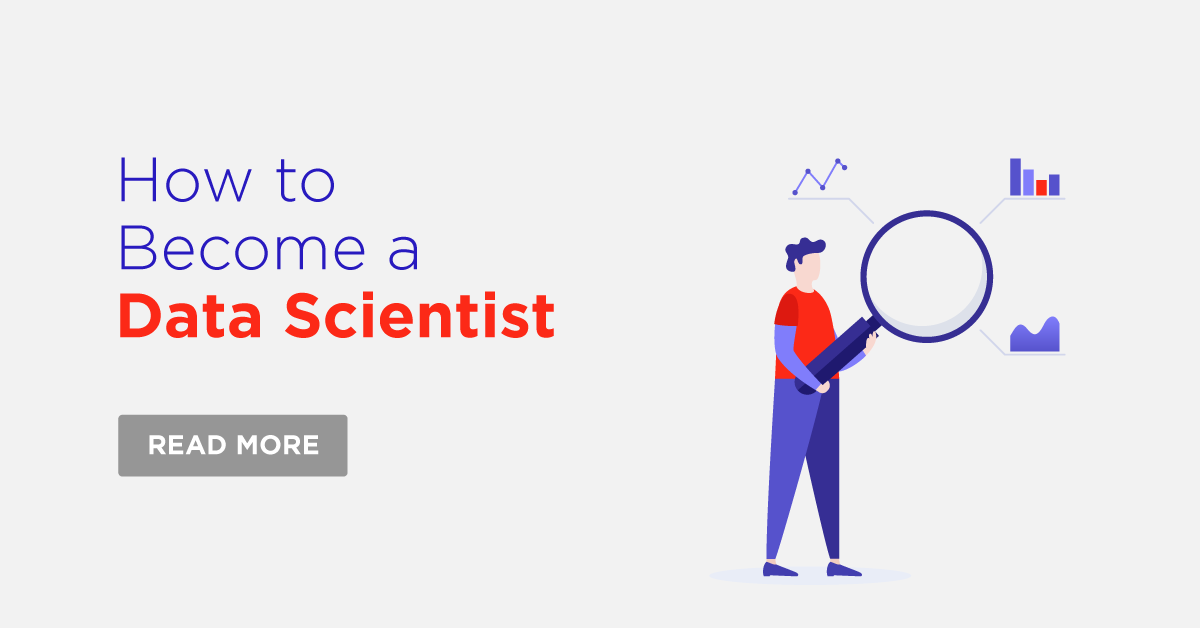.jpg)
The world is in the midst of an AI revolution. From self-driving cars to medical diagnoses, artificial intelligence is transforming industries and creating unprecedented opportunities. However, this rapid advancement has also exposed a significant challenge: the AI skills gap. This blog post delves into the key roles sought by employers according to job portals like Kloudhire, the essential skill sets required for each position, and the broader competencies that complement technical proficiency.
Understanding the AI Skills Gap
The AI skills gap refers to the shortage of qualified professionals with the expertise to develop, implement, and manage AI systems. While the demand for AI talent is soaring, the supply is struggling to keep pace. This mismatch between the required skills and available workforce is creating a major hurdle for businesses across the globe.
What Employers Are Seeking
To bridge this gap, it's essential to understand the specific skills and qualifications employers are prioritizing. Here's a breakdown of the most sought-after AI talent according to job posting portals like Kloudhire:
Data Scientists
Core Responsibilities: Extracting meaningful insights from vast datasets to inform business decisions.
Essential Skills: Proficiency in statistical modelling, machine learning algorithms, programming languages (Python, R), data mining techniques, and big data technologies.
Machine Learning Engineers
Core Responsibilities: Developing, training, and deploying machine learning models into production environments.
Essential Skills: Strong programming abilities, expertise in machine learning frameworks (TensorFlow, PyTorch), cloud platforms, and MLOps.
AI Researchers
Core Responsibilities: Conducting advanced research to push the boundaries of AI technology.
Essential Skills: PhD in computer science or related field, deep understanding of AI algorithms, and a proven track record of research publications.
AI Product Managers
Core Responsibilities: Overseeing the development and launch of AI-powered products.
Essential Skills: Business acumen, understanding of AI technologies, strong product management skills, and ability to collaborate with cross-functional teams.
AI Ethics Experts
Core Responsibilities: Ensuring AI systems are developed and deployed ethically and responsibly.
Essential Skills: Knowledge of AI technologies, ethical frameworks, legal and regulatory compliance, and risk assessment.
Beyond Technical Skills
While technical expertise is undoubtedly crucial, employers are also looking for soft skills that complement AI knowledge:
Problem-solving and critical thinking: The ability to analyse complex problems and develop innovative solutions.
Creativity and innovation: Generating new ideas and approaches to AI development.
Communication and collaboration: Effectively conveying technical concepts to non-technical audiences and working seamlessly with teams. Suggestion from best job portals can help in this area.
Business acumen: Understanding the broader business context and aligning AI initiatives with organizational goals.
Bridging the AI Skills Gap
To address the AI skills gap, individuals and organizations must take proactive steps:
Upskilling and reskilling: Investing in continuous learning to acquire new AI skills or enhance existing ones.
Education and training: Expanding AI education programs at all levels, from primary to higher education.
Industry-academia partnerships: Fostering collaboration between academia and industry to align education with real-world needs.
Diversity and inclusion: Creating a diverse AI workforce to bring different perspectives and innovations.
Talent acquisition strategies: Implementing effective recruitment and retention strategies to attract and retain top AI talent.
The Role of Job Portals
In this competitive landscape, top job portals play a crucial role in connecting AI talent with employers. Platforms like Kloudhire offer a centralized platform for job seekers and employers to connect, facilitating efficient talent acquisition.
Kloudhire stands out as a leading job portal by providing:
Specialized AI job listings: Curated job site listings for AI professionals across various roles and industries.
Advanced search filters: Enabling employers to find candidates with specific skill sets and experience.
Talent pipelines: Helping employers build a pool of potential candidates for future hiring needs.
Career guidance: Offering resources and insights to help job seekers build successful AI careers.
By leveraging platforms like Kloudhire, both job seekers and employers can navigate the complex AI job market with greater ease and efficiency.
Conclusion
The AI skills gap undoubtedly poses significant challenges for businesses and individuals alike. However, it also presents a unique opportunity for those willing to invest in AI education and development. By cultivating a skilled AI workforce and fostering a culture of innovation, organizations can gain a competitive edge and drive growth. Job portals like Kloudhire play a pivotal role in connecting talented professionals with employers seeking to build world-class AI teams.
The AI skills gap presents both challenges and opportunities. By understanding the skills employers are seeking and taking proactive steps to bridge the gap, individuals and organizations can thrive in the AI-driven economy. Job portals like Kloudhire play a vital role in facilitating these connections and accelerating AI adoption.
Are you ready to unlock your AI potential? Explore the vast opportunities on Kloudhire today and connect with leading employers in the AI industry.

_Expert.png)
